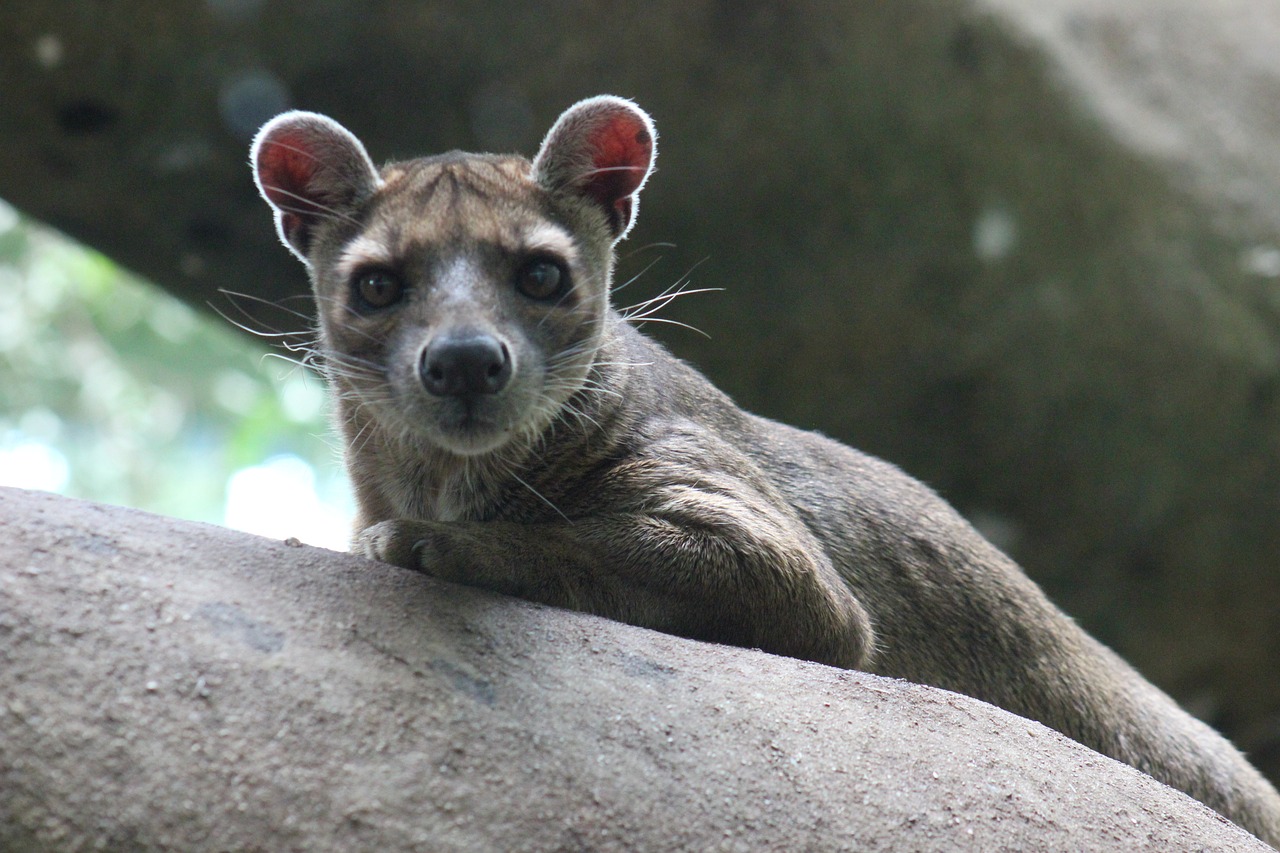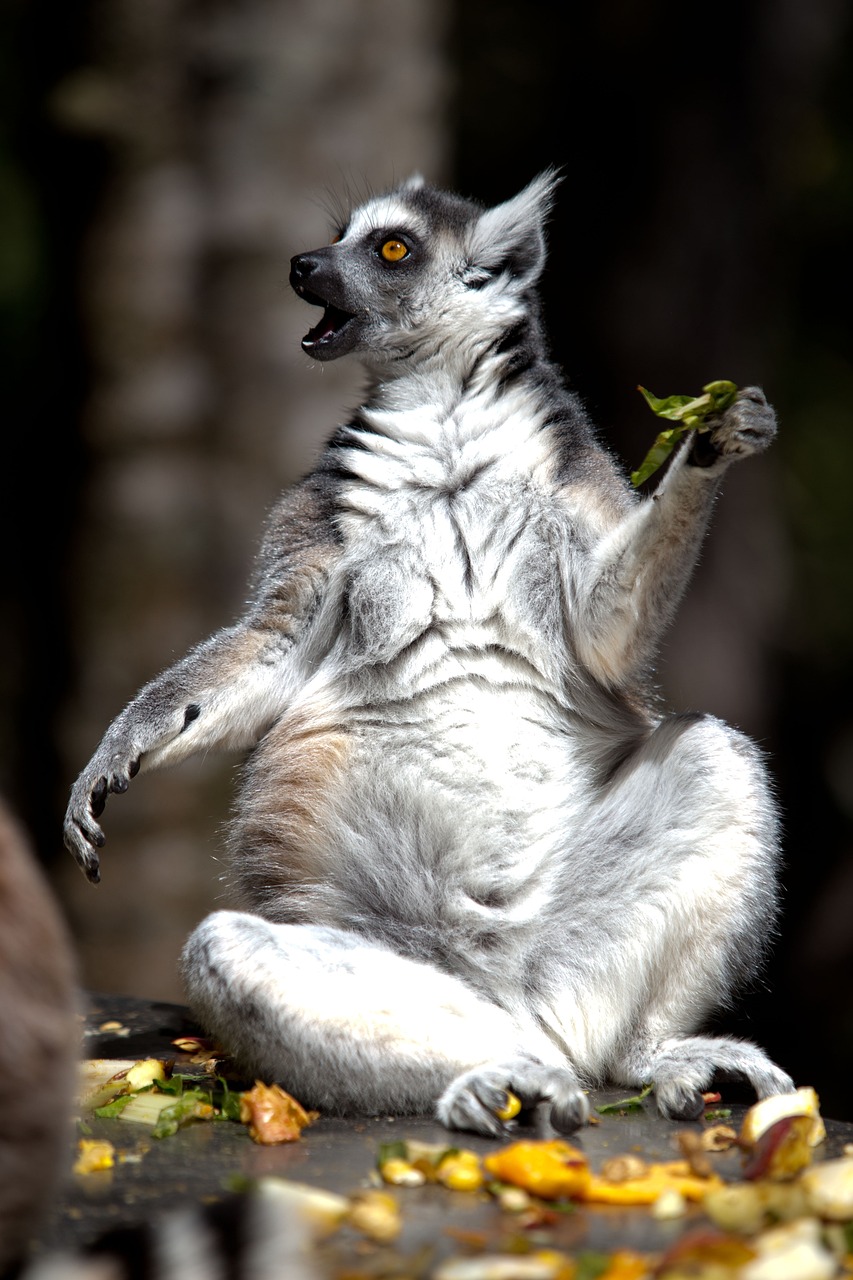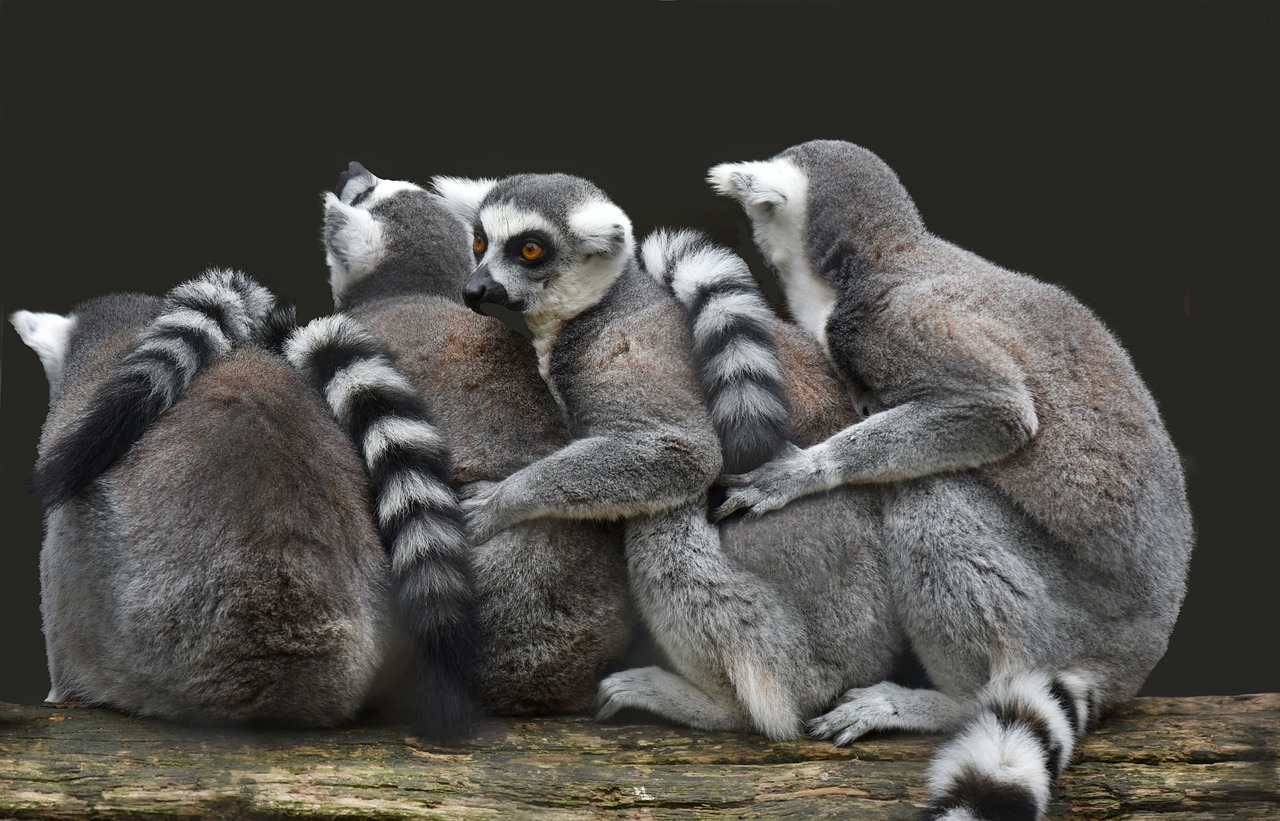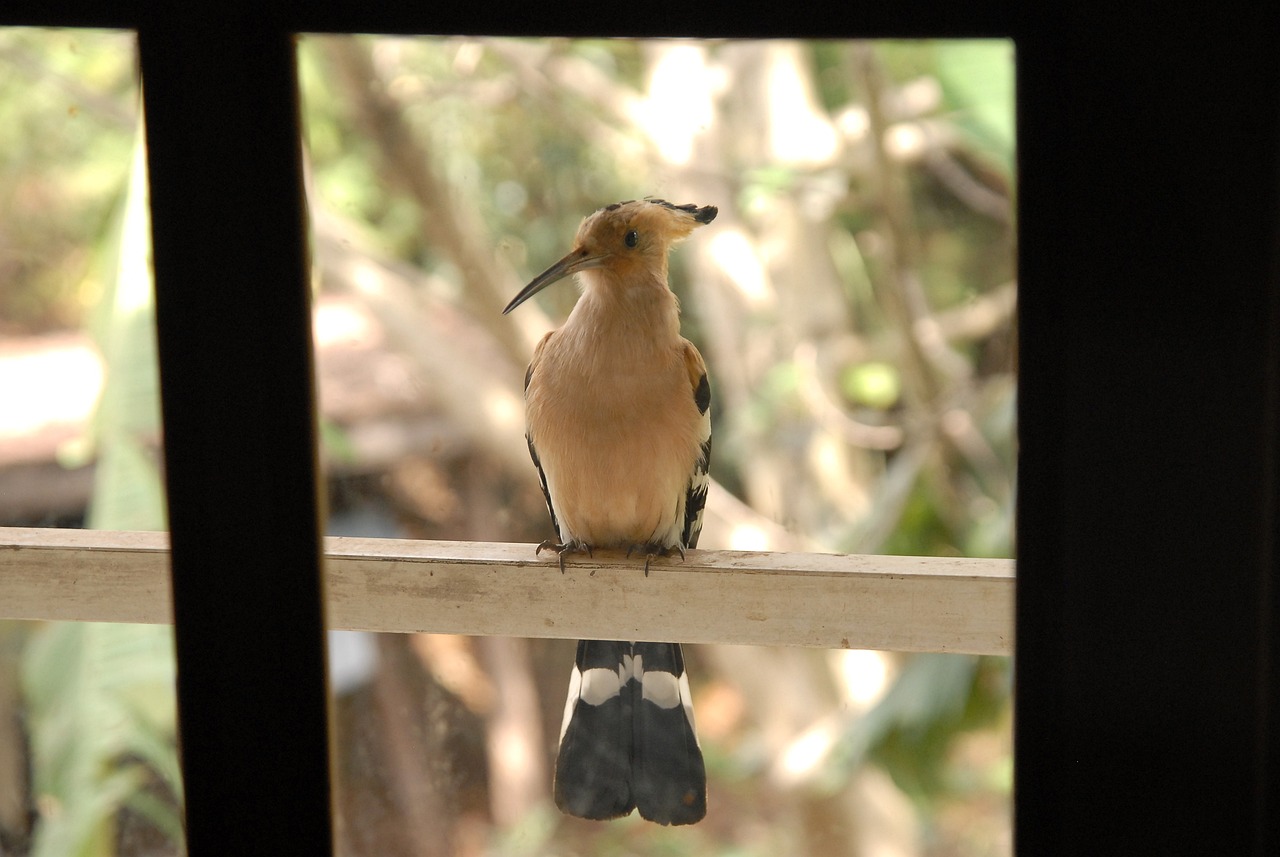Language and Communication: Overcoming Barriers in Madagascar
Madagascar, the fourth largest island in the world, is home to a diverse population with over 18 ethnic groups and more than 20 languages spoken. With such linguistic diversity, communication can sometimes be a challenge. In this article, we will explore the various languages spoken in Madagascar and the strategies employed to overcome language barriers.
Language Diversity in Madagascar
Madagascar is a melting pot of cultures and languages. The official language of the country is Malagasy, which is spoken by the majority of the population. Malagasy belongs to the Austronesian language family and has several dialects across different regions of the island.
French is also widely spoken in Madagascar, especially in urban areas and among the educated population. It serves as the second official language and is used in government, education, and business.
In addition to Malagasy and French, there are numerous other languages spoken by various ethnic groups in Madagascar. Some of the prominent ones include Antankarana, Antandroy, Sakalava, and Betsimisaraka. These languages are primarily spoken in specific regions and communities.
Language Barriers and Challenges
The linguistic diversity in Madagascar presents several challenges when it comes to communication. One of the main barriers is the lack of mutual intelligibility between different languages. Speakers of one language may struggle to understand speakers of another, especially if they belong to different language families or have distinct dialects.
Another challenge is the limited proficiency in foreign languages among the general population. While French is taught in schools, not everyone has equal access to education, leading to varying levels of fluency. This can hinder effective communication, particularly in formal settings.
Strategies for Overcoming Language Barriers
Despite the challenges, the people of Madagascar have developed various strategies to overcome language barriers and facilitate communication. Here are some commonly employed methods:
- Translation Services: Professional translators and interpreters play a crucial role in bridging the language gap. They facilitate communication in settings such as legal proceedings, healthcare, and international business transactions.
- Language Education: Efforts have been made to improve language education and promote multilingualism in Madagascar. Schools and language centers offer courses in both Malagasy and French, aiming to enhance language skills and promote better communication.
- Language Exchange Programs: Language exchange programs provide opportunities for individuals to learn and practice different languages. These programs encourage cultural exchange and foster understanding among diverse linguistic communities.
- Use of Visual Communication: In situations where verbal communication is challenging, visual aids such as pictures, symbols, and gestures are utilized to convey messages. This method proves particularly useful in healthcare settings and when interacting with tourists.
- Community Support: Within local communities, people often rely on each other for assistance in overcoming language barriers. Community members act as intermediaries, helping translate and facilitate communication between individuals who speak different languages.
- Technology: Advancements in technology have also contributed to overcoming language barriers. Language translation apps and devices are increasingly used to facilitate real-time translation and enable communication between individuals speaking different languages.
Madagascar Image 1:

Language Preservation and Cultural Identity
Preserving language diversity is not only essential for effective communication but also for maintaining cultural identity. The languages spoken in Madagascar are deeply intertwined with the country’s rich cultural heritage. Efforts are being made to document and preserve endangered languages, ensuring their survival for future generations.
Language plays a vital role in shaping social interactions, traditions, and oral histories. By preserving and promoting linguistic diversity, Madagascar can celebrate its unique cultural tapestry and foster a sense of pride among its people.
Madagascar Image 2:

Conclusion
Language and communication in Madagascar are influenced by the country’s diverse ethnic groups and languages. While language barriers may pose challenges, the people of Madagascar have implemented various strategies to overcome them. Through translation services, language education, community support, and technological advancements, effective communication is facilitated, fostering understanding and cultural exchange.
Preserving linguistic diversity is crucial for maintaining cultural identity and celebrating Madagascar’s unique heritage. By valuing and embracing its rich tapestry of languages, Madagascar can continue to thrive as a diverse and inclusive nation.
Madagascar Image 3:

References:
- madagascar-tourisme.com
- worldbank.org
- unicef.org
- lonelyplanet.com
- ethnologue.com


